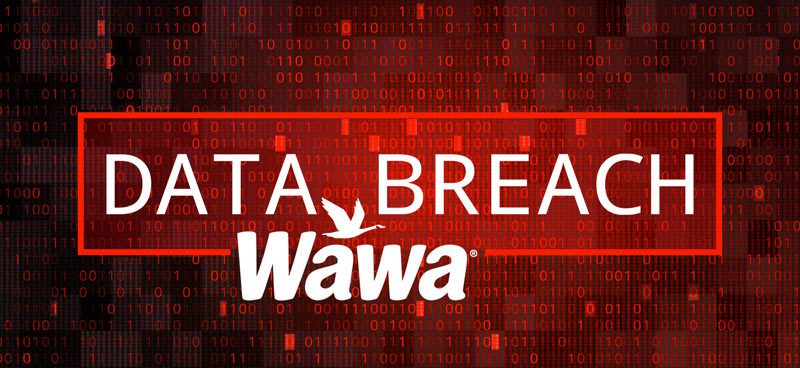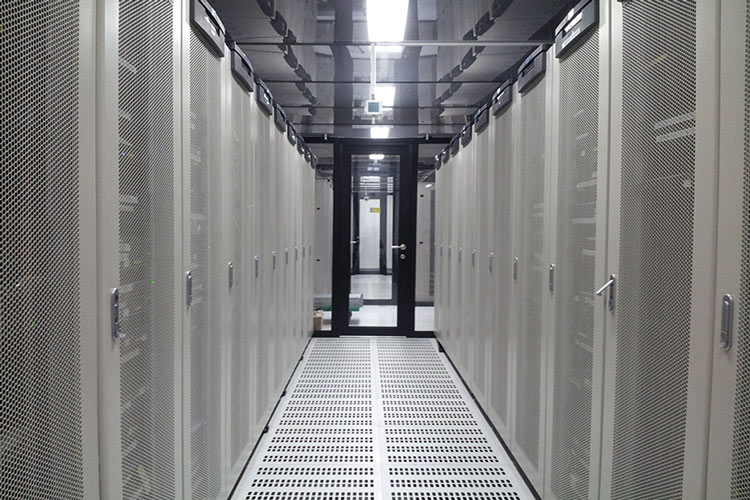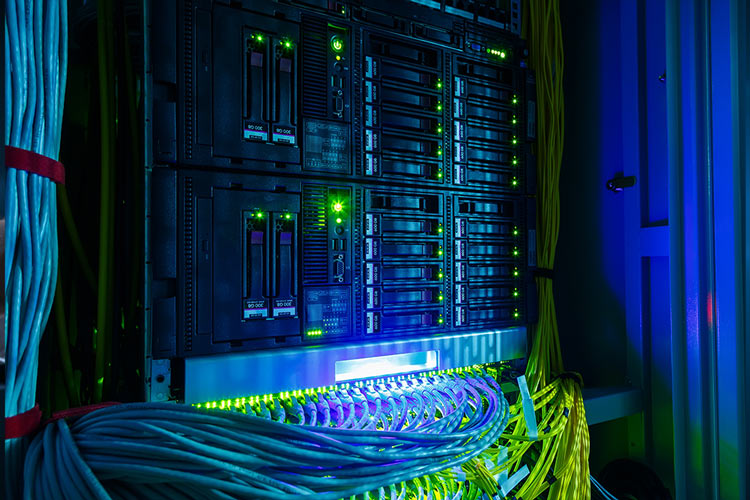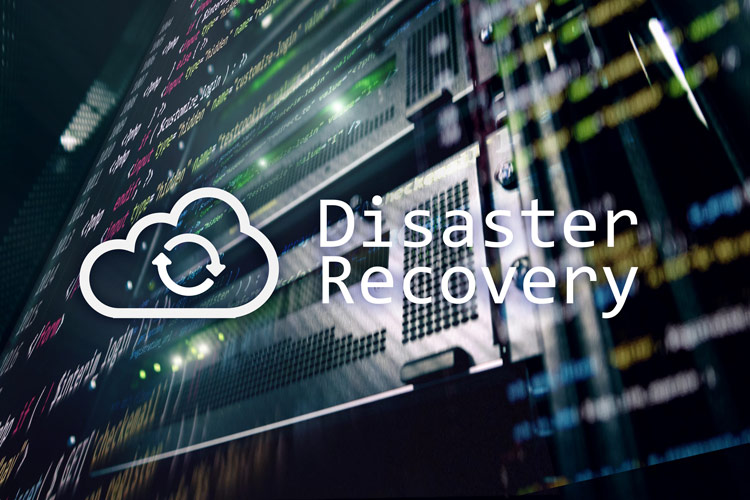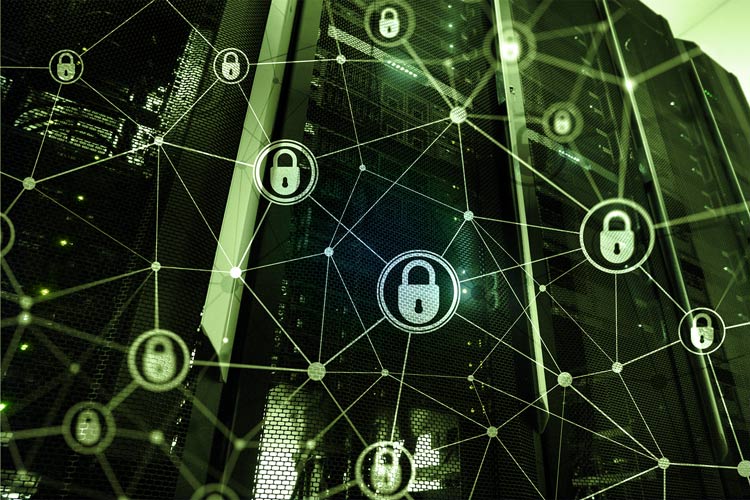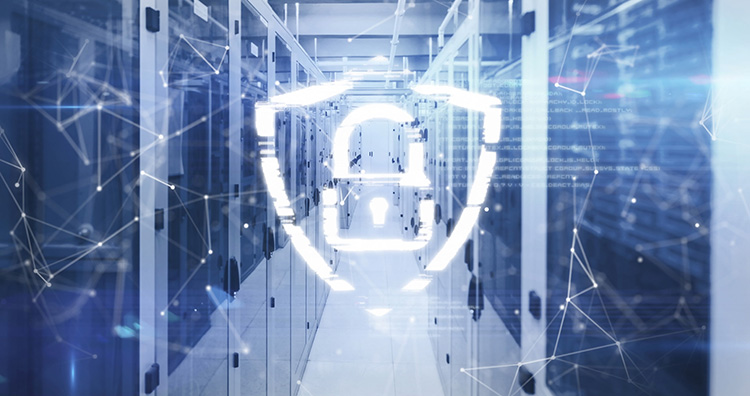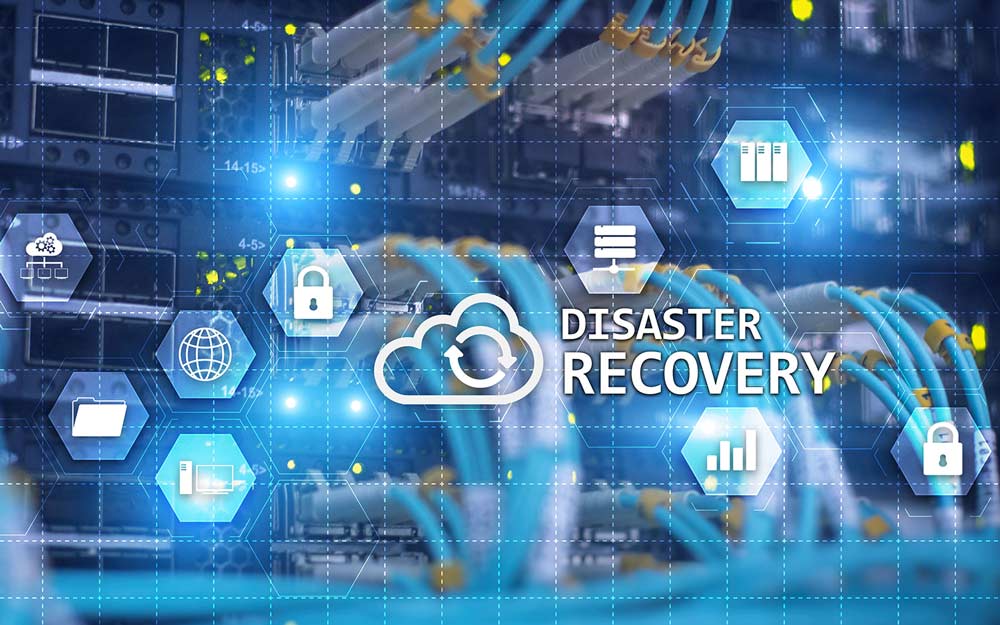For the past few years, there has been a constant stream of data breaches that have hit the headlines, ranging from the theft of medical information, account credentials, corporate emails, and internal sensitive enterprise data.
When a data breach occurs, companies will usually haul in third-party investigators, notify regulators, promise to do better, and give any impacted consumers free credit monitoring, but we’ve reached a stage where you should consider signing up to such services anyway, given how much of our information is now available in data dumps strewn all over the internet.
The reasons for and methods of cyberattacks or data breaches occur can vary. In some cases, such as Wawa massive data breach, malicious malware began running on in-store payment processing systems. Allegedly, this malware potentially ran across ALL Wawa locations across their entire corporate and enterprise infrastructure. Although the dates may vary and some Wawa locations may have endured a limited variation of the malware, this malware was present on most store systems by approximately April 22, 2019. This malware affected customer payment card information used at potentially all Wawa locations beginning at different points in time after March 4, 2019, and until it was contained.
With Equifax massive data breach earlier this year, the case was a failure to patch a known vulnerability that has the potential to impact software or libraries in use — and in a reasonable timeframe — has serious repercussions.
According to IBM’s latest annual Cost of a Data Breach Study, the average data breach now costs up to $3.92 million when you take into account notification costs, expenses associated with investigation, damage control, and repairs, as well as regulatory fines and lawsuits. These costs have increased by 12% over the past five years.
How Do You Ensure You’re Not Next?
So what can you do to prevent a breach in your company? Well, first, you should understand that there is no one-size-fits-all approach. Instead, you should build your prevention plan and your disaster plan around the type of business you operate. Here are some tips to get any business started on better security:
Train, train, and retrain – Your employees can be the key to staying secure, but only if they are well informed. All of your employees should be trained on how to select strong passwords and how to avoid scams and dangerous links and emails.
Secure your physical devices – Electronic and physical devices should be locked and secure as needed, limiting access. Datacenter facilities, like Volico Data Centers, offer top-notch security for your infrastructure relieving your company of at least one concern.
Keep track of your data – Your data needs to be kept in a secure location. If your data center is not safe, your business could be in danger. There should be a small number of employees who should know where your confidential data is stored and how it is secured.
Don’t let devices facilitate breaches – Your IT department should be aware of all devices used by employees. There should be a policy installed into the devices, and specific actions should be blocked. If employees are bringing their own devices, your business should consider not allowing Wi-Fi connections.
Keep your network safe – you should be using firewalls to ensure the security of your private networks. This will keep all of the sensitive information transferred through your network is secure.
Keep your office safe – As you may already know, websites are also another place where your data may be highly vulnerable. This is why websites should be secure and use trust marks, SSL certificates, and quality authentication methods to ensure no virtual trespassing.
Secure your site – As you may already know websites are also another place where your data may be highly vulnerable. This is why websites should be secure and use trust marks, SSL certificates, and quality authentication methods to ensure no virtual trespassing.
Set clear cybersecurity policies – All businesses should have clear and well-throughout security policies in place. These policies should be updated frequently, and all of your employees should become familiar with it.
Dispose of items containing sensitive data correctly – Whether it’s paperwork or servers, if any item has confidential data, it should be disposed of accordingly. Selling used servers and computers is like handing over all of your data. Anything on paper should be shredded.
Background checks should be required – Companies can help minimize the risk of insider breaches by screening and running background checks on all employees.
The Human Element of Security Breaches
In the end, the human element will almost always be a weak leak. This is why it is so important to bring education into the workplace to educate employees that aren’t as familiar with IT of the ways that they might accidentally hurt the company. For employees that have a more malicious bend, keeping a vigilant eye is the best thing that can be done – by using monitoring software.
For any scenario, it is important to have a firewall in place, to reduce the likelihood of an outside attack, and to provide some tabs to review in the case of an internal tab; many firewalls provide monitoring functions to see just what employees are looking for, and if nothing else it shows that the company has a commitment to trying to stop attackers.
Contact a Volico professional today to discover how our Managed Security Services can protect your business against data breaches.
Data Breach doesn’t have to disrupt your company or cause you to cease operations. With proper planning, your company can reduce the risks of data breaches and learn how to properly respond when a ransomware attack occurs. Protection is better than cleaning up the mess. Don’t wait until it’s too late and make sure a reliable anti-malware solution protects your business. Volico’s Managed Security Services is your best defense against ransomware and other advanced attacks.
• Call: 888 865 4261
• Chat with a member of our team to discuss which solution best fits your needs.

